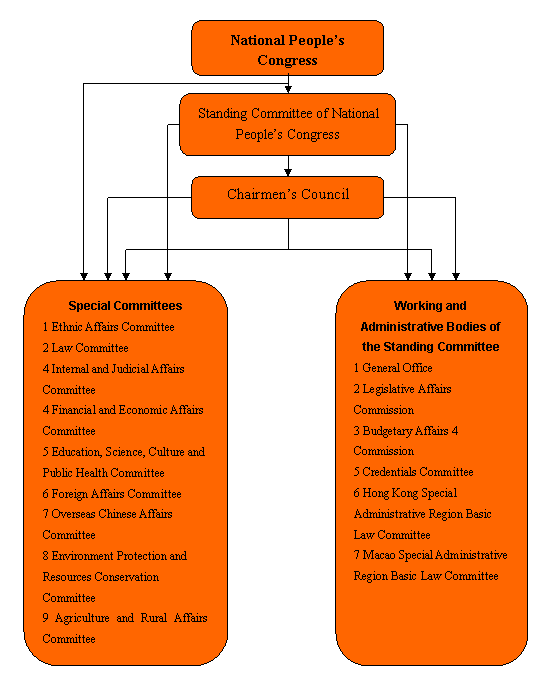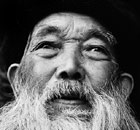Zhou Shuzhen
The introduction of China's political system and structure.
By Zhou Shuzhen (Chinadaily.com.cn)
Updated: 2010-03-10 10:44
 |
Large Medium Small |
The annual “two sessions” -China’s National People's Congress (NPC), the top legislature, and Chinese People's Political Consultative Conference (CPPCC) - will open on March 3rd and 5th respectively. The annual “two sessions” are big political events of contemporary China. The issues of “two session” include all aspects of the national economy and the people's livelihood so as to attract all sectors of the community’s attention, including the compatriots from Taiwan, Hong Kong and Macau.
Nowadays along with the globalization, the trade and common economic activities connect the people all over the world. Every year during the “two sessions”, journalists from various countries come to cover that, which indicates that the whole world is eager to know China’s momentous decisions and policy orientation. Why does the “two sessions” draw great attention home and abroad? The reason is that the “two sessions” are the main parts of China’s contemporary political system and the essential procedure of the operating mechanism of political system.
| ||||
Outline
The People's Congress System is China's fundamental political system, which consists of National People's Congress and People's Congresses at local levels. The NPC is similar to the U.S. Congress, whose main functions and powers are legislating and amending laws, reviewing and approving the government budget and also electing and removing officials. However, the NPC is the highest organ of state power and its deputies are far more than the U.S. congressmen. Being the top power, the NPC also has right to elect and remove the top leaders of the Supreme People’s Court and the Supreme People's Procuratorate. Rather than the U.S. Congress, the term of NPC is five years and it holds its general convention once a year. There is one point I need to emphasize that the election of deputies for Taiwan province is presided and determined by the Standing Committee of the NPC and they are nominated by the consultations of standing committees at the all levels of province, autonomous region, municipalities and PLA.
The deputies and tenure of NPC
There are more than 2,800 deputies to the NPC, they are elected from provinces, autonomous regions, municipalities, Macao, Hong Kong, Taiwan, and PLA according to the proportion of local population to whole. The proportion principle is not applicable to minority ethnic groups due to ensure their deputies. The annual plenary session is summoned by Standing Committee of the NPC which is composed of Chairman, Vice-Chairmen, Secretary General and committee members. None on the NPC Standing Committee shall hold office in any of the administrative, judicial or procuratorial organs of the state and it should include the minority members. The NPC has 9 Special Committees referring to ethnic affairs, law, internal and judicial affairs, finance and economy, education science culture and public health, foreign affairs, overseas Chinese, environment protection and resources conservation and agriculture and rural development.
Functions and Powers
The NPC has the top power in China, it can interpret Constitutional and statutory provisions, supervise their enforcement, enact and amend basic laws governing criminal offences, civil affairs, State organs and other matters, examine and approve the plan for national economic and social development and the reports on its implementation, examine and approve the budgets of their respective administrative areas as well as the reports on the implementation of the budgets, supervise the performance of the State Council, the Central Military Commission, the Supreme People's Court and the Supreme People's Procuratorate, draw up state laws, decide on important state affairs and elect the members of state administrative, judicial and procuratorial organs and decide on the ratification and abrogation of treaties and important agreements concluded with foreign states.?

To be continued...
The author is a?professor of School of International Studies, Renmin University in Beijing, as well as member of the standing committee of Beijing’s people’s political consultative conference.













